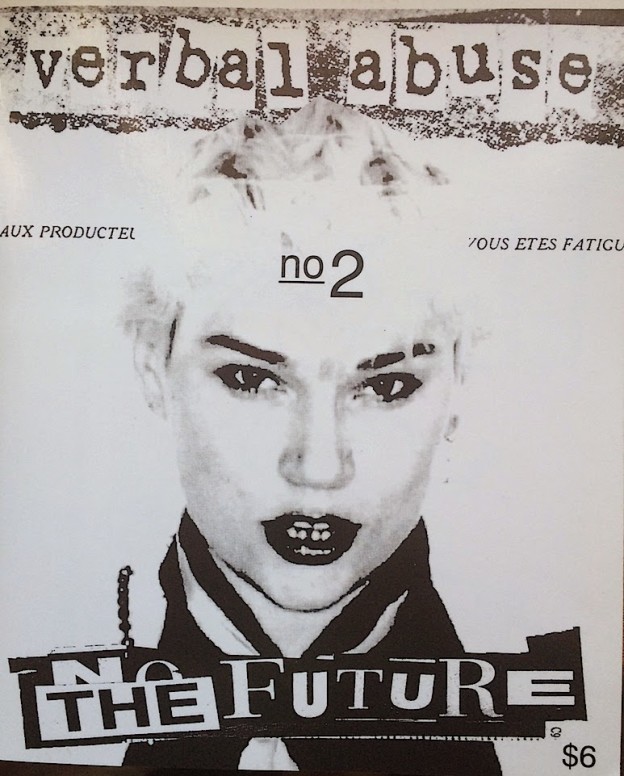
This review slip was found in a book from the library of the playwright John Osborne (1929 – 1994). It was loosely inserted in Bertrand Russell's Fact and Fiction (Allen & Unwin, London 1961) with a handwritten signed letter written on headed notepaper from The Daily Herald, P.O. Box 196, 2-12 Endell Street, Long Acre, London W.C.2., dated October 11th 1961 and addressed to Osborne from their literary editor Frederick Laws. Consisting of about 40 words it says he is not sure if Osborne can find time for reviewing but hopes that the enclosed will interest him.
The typed slip from the same address is a standard covering note for reviewers saying the review is for their 'Book a Day' feature and gives details of how long the review should be and how it should be presented. Finally he says: ' Should you decide that the book is not worth reviewing, will you let us know as soon as possible? We do not want to notice books which are uninterestingly bad and unlikely to mislead anyone. If, however, the book strikes you as important but you are unable to review it, please return it to Frederick Laws'.
Not sure if Osborne ever reviewed the book; there is very little evidence that he read it. In our experience reviewers seldom return review copies to source, free books that can be later sold are one of the few perks open to reviewers...





